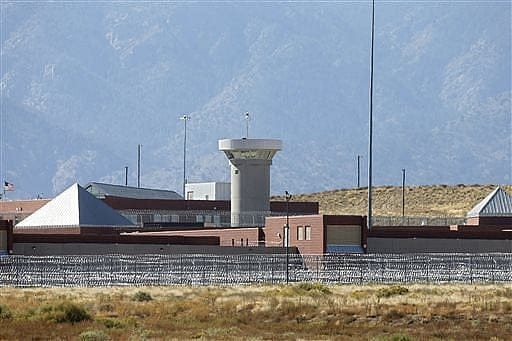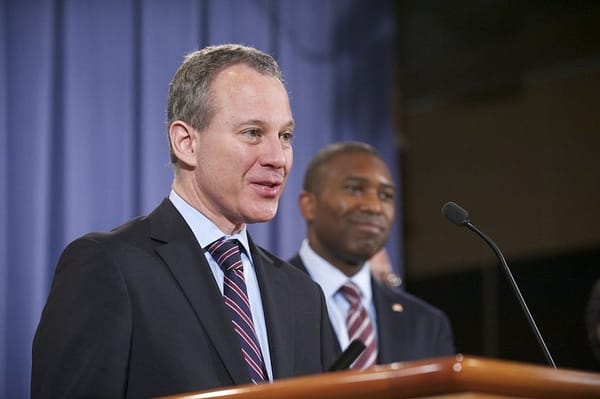Congress OKs bill banning Guantanamo detainees from US

WASHINGTON (AP) — Congress sent President Barack Obama a $607 billion defense policy bill that he is expected to sign even though he adamantly opposes its ban on moving some Guantanamo Bay detainees to U.S. prisons.
The Senate overwhelmingly approved the bill, 91-3, on Tuesday just days after the House passed the bipartisan measure, 370-58. The legislation authorizes Pentagon spending on military personnel, ships, aircraft and other war-fighting equipment.

